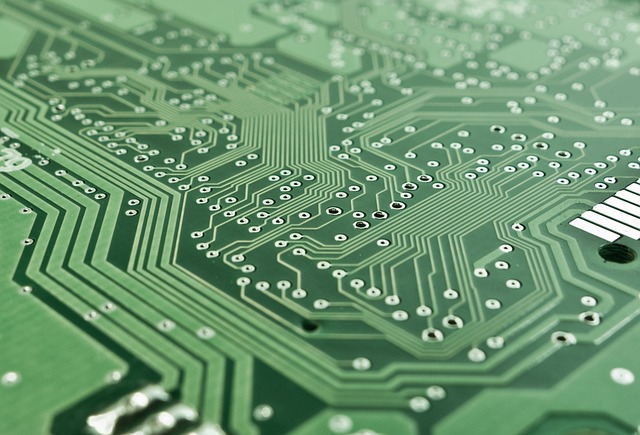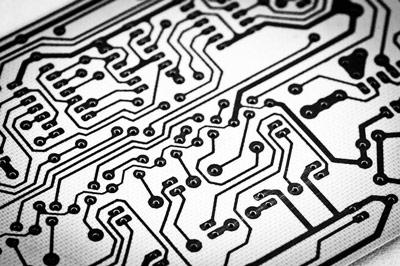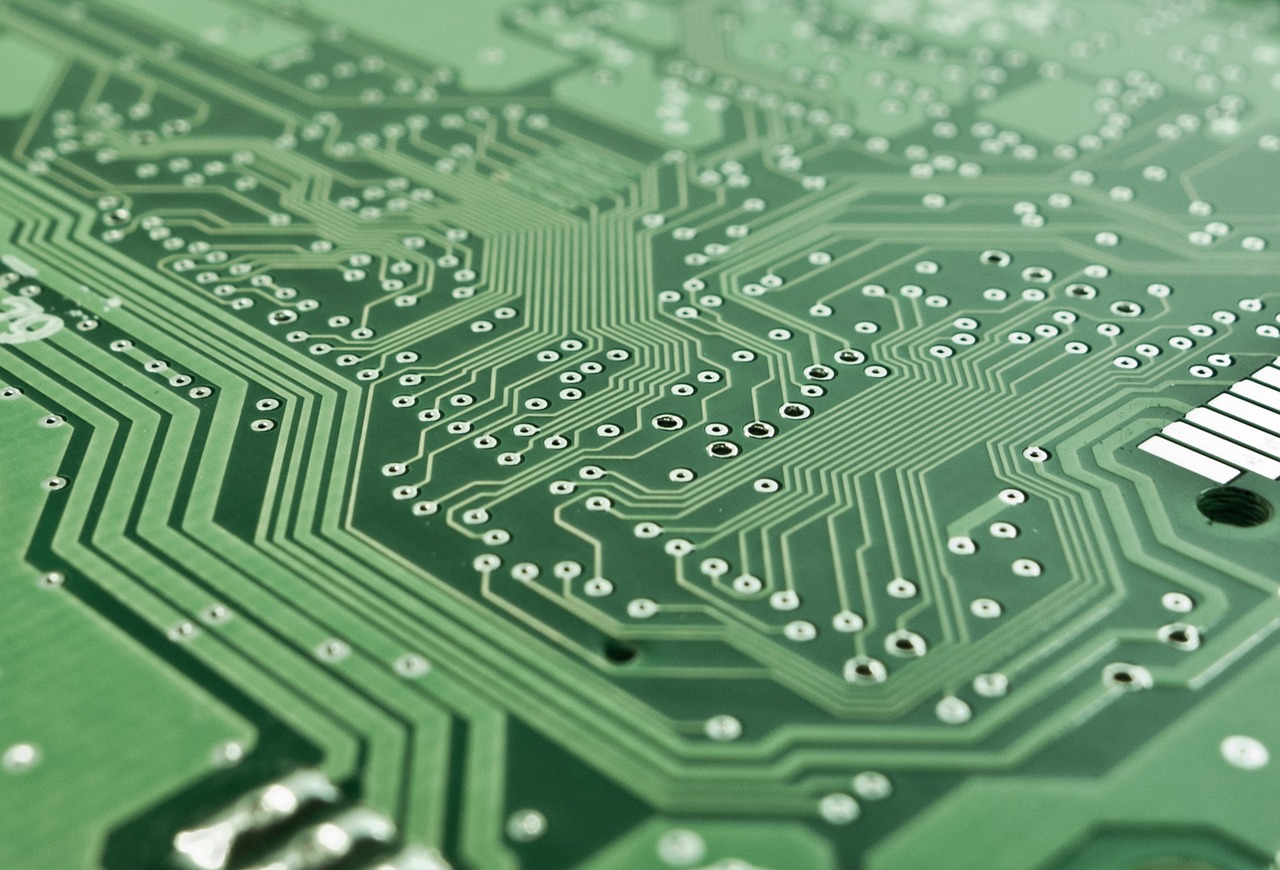Plastic injection and electronic circuits are two concepts that, in the field of technology, are…

Is an electronic circuit the same as another electrical circuit?
For those who are not experts in electricity, there is often a very common confusion: distinguishing between an electronic circuit and an electrical circuit. In this article we will clarify these concepts and explore the fundamental differences between the two. In addition, we will analyze the importance of electronics and its impact on various areas of our daily lives.
What is the difference between an electronic circuit and another electrical circuit?
Both types of circuits share fundamental similarities, although there are several differences between electricity and electronics.
In essence, a circuit, of any type, is a closed system of conductors and components that allows the flow of electrical current. Both fulfill the basic function of controlling the circulation of electricity to perform various tasks.
Another point in common is that they both obey the fundamental laws of electricity, such as Kirchhoff’s Law. This law states that the algebraic sum of the currents entering and leaving any point in a circuit is equal to zero. Whether in a basic electrical circuit or a complex electronic circuit, it is a fundamental rule that ensures conservation of electric current and consistency in flow.
The key distinction lies in the components and complexity of the circuit. Electrical ones are simpler and focus on the flow of current, such as lighting systems or electric motors. For their part, electronic ones incorporate active components such as transistors, diodes and integrated circuits, which allow more precise control and advanced functions, such as electronic devices and communication systems.
What is electronics for?
Electronics is a comprehensive discipline that drives innovation in various areas. From the industrial sector to entertainment, it plays a crucial role in our lives:
- Applications in medicine: Used for the development of advanced medical devices, such as cardiac monitors or diagnostic imaging equipment.
- Industrial automation: The characteristics of electronics play an essential role in this sector, as they allow precise control of machinery and processes to improve efficiency and safety.
- Communications: Facilitate long-distance data transmission through devices such as mobile phones, data networks and satellite systems.
- Entertainment and consumption: Smart TVs, portable devices, high-fidelity audio systems, etc.
- Computers: The digital revolution has been possible thanks to electronics. In fact, integrated circuits and microprocessors are the basis of modern computing.
At Electrolomas we are protagonists in this scenario, since we provide innovative electronic solutions. From smart lighting systems to energy control devices, our presence in different sectors highlights the versatility and quality of electronic products.
Clarifying the distinction between an electronic circuit and an electrical circuit is essential to understanding how electronics affect our environment. This discipline not only drives technological innovation, but also improves our quality of life in countless ways. Companies like Electrolomas play a fundamental role in offering advanced electronic solutions that contribute to the constant evolution of these fields. Contact us for more information!


